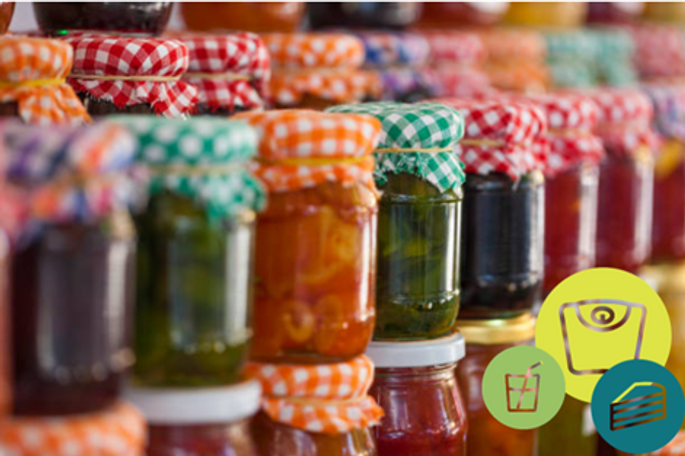
We’ve all seen claims regarding sugar. “Sugar free”, “no added sugar” and “natural sweeteners” may seem like they are sprinkled around but, like sugar itself, marketers should use such claims carefully.
“No added sugars”
The CAP Code prohibits nutrition claims for foods unless they are authorised on the GB NHC Register and even authorised claims are accompanied by specific conditions of use.
The ASA considered Trip Drink Ltd’s “0g added sugar” claim equivalent to “with no added sugars” whichis permitted by the GB Register only where a product does not contain added mono- or disaccharides, or any other food used for its sweetening properties.
Determining whether a food is used for its sweetening properties should be done on a case-by-case basis, according to the Department of Health and Social Care’s Guidance on nutrition and health claims on foods. It depends on the nature of the product, why ingredients are used and how it is labelled, as well as product names. In cranberry juice drink, for example, concentrated grape juice would usually sweeten the product, but in a mango and apple juice drink, apple juice is both in the name and unlikely to sweeten mango juice, which is itself already sweet.
The ASA concluded that fruit concentrate from grape and apple would have a sweetening effect in Trip's cucumber-mint drink, and that the claim “0g added sugar” did not therefore comply with the conditions of use associated with the “with no added sugars” claim.
See Food: Nutrition claims AdviceOnline for what you candy and can’t do when it comes to such claims.
“Naturally sweet”
CLF Distribution Ltd used the claim “naturally sweet ingredients” in a business-to-business ad for their jams, which contained erythritol and steviol glycosides.
The ASA ruled that traders would understand that any processing needed to make a naturally found ingredient fit for human consumption would be minimal. Ingredients like the erythritol and steviol glycosides used in the jams underwent more than minimal processing and thus “naturally sweet” was misleading.
To sugar-antee your claims aren’t misleading, see Misleading advertising AdviceOnline and to avoid your non-broadcast ads leaving a bitter taste, consult the CAP Copy Advice team.
More on
-
Keep up to date
Sign up to our rulings, newsletters and emargoed access for Press. Subscribe now.


